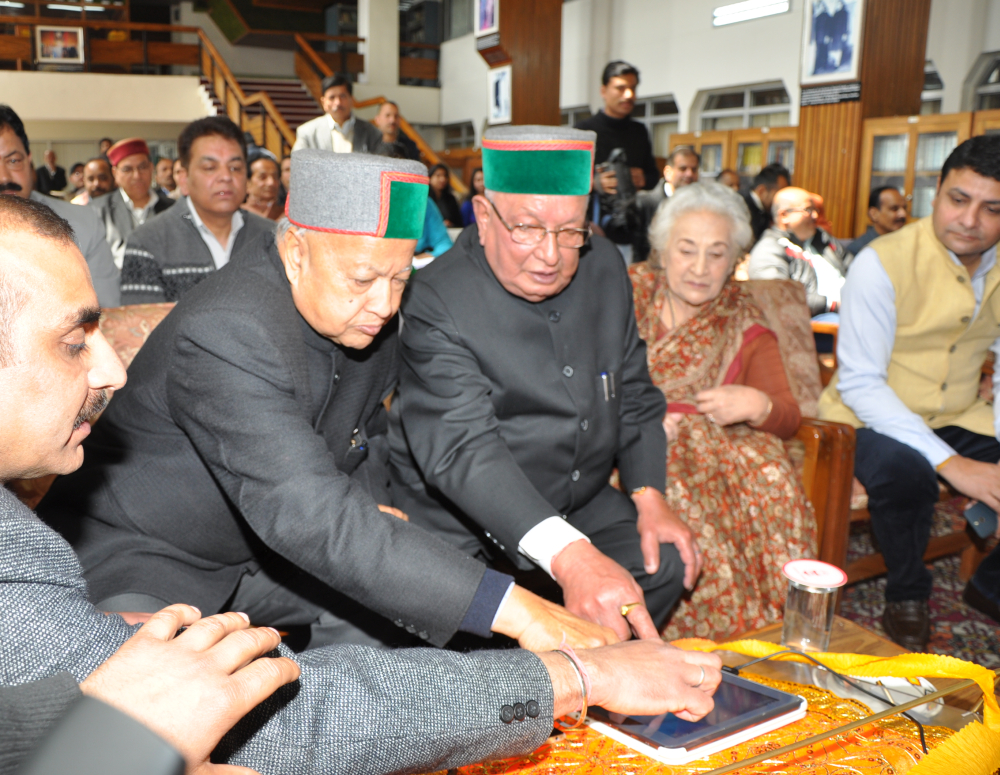Mukhyamantri Swavalamban Yojana in Limbo: Rs 200 Crore Liabilities and Pending Cases Plague Himachal Pradesh; Bulk Drug Park and Medical Device Park Projects Non-Starter: Himachal’s Industrial Growth Stifled
Shimla – Former Industry Minister Bikram Thakur launched a scathing attack on the Sukhu government, accusing it of presiding over a catastrophic decline in industrial activity and exacerbating youth unemployment in Himachal Pradesh. Speaking at a press conference held in Shimla, Thakur highlighted a series of policy failures and administrative apathy that have crippled the state’s once-thriving economy.
Thakur singled out the Mukhyamantri Swavalamban Yojana, a flagship initiative aimed at empowering young entrepreneurs, as a casualty of the government’s negligence. Despite its initial success under the previous BJP administration, Thakur revealed that the scheme has been left in limbo, with a staggering liability of Rs 200 crore and numerous pending cases casting a dark shadow over its future. This abrupt halt has not only dashed the aspirations of the state’s youth but has also dealt a severe blow to its economic prospects.
Adding to the woes, Thakur lamented the dismal state of key industrial projects such as the Bulk Drug Park and Medical Device Park, both of which remain non-starters despite receiving significant funding and approvals during the previous regime. This lack of progress has not only stifled industrial growth but has also deterred potential investors, casting doubt on the government’s commitment to fostering a conducive business environment.
The former minister warned that the government’s inaction and misguided policies have precipitated an industrial exodus, with major companies shuttering their operations and relocating to more hospitable regions. This trend, coupled with the emergence of mafia influence in industrial hubs like Baddi and Nalagarh, paints a grim picture of Himachal Pradesh’s economic landscape.
Thakur also criticized the government’s decision to revoke incentives such as relief on electrical duty and reduce the lease period for industries from 99 years to 40 years, further deterring investment and driving up operational costs for businesses in the state.













